Reliable and Trusted Melbourne Dishwasher Repair Services
For over a decade, Quality Appliance Repairs has been a trusted provider of affordable and reliable dishwasher repairs across Melbourne.
Most dishwasher problems can be repaired quickly and cost-effectively—90% of our repairs are cheaper than replacing the appliance.
Our skilled technicians work with all major brands and models, and every repair is backed by a 12-month parts warranty and a 3-month labour warranty for your peace of mind.
Common dishwasher problems we fix include:
- Not draining properly
- Dishes coming out dirty or spotted
- Water is leaking from the door or base
- Unusual noises during cycles
- Not starting or failing mid-cycle
Our friendly Office Staff Retail Support team is available six days a week to ensure your booking and repair process is smooth from start to finish.
Call us today and get your dishwasher working efficiently again.
(03) 9034 6162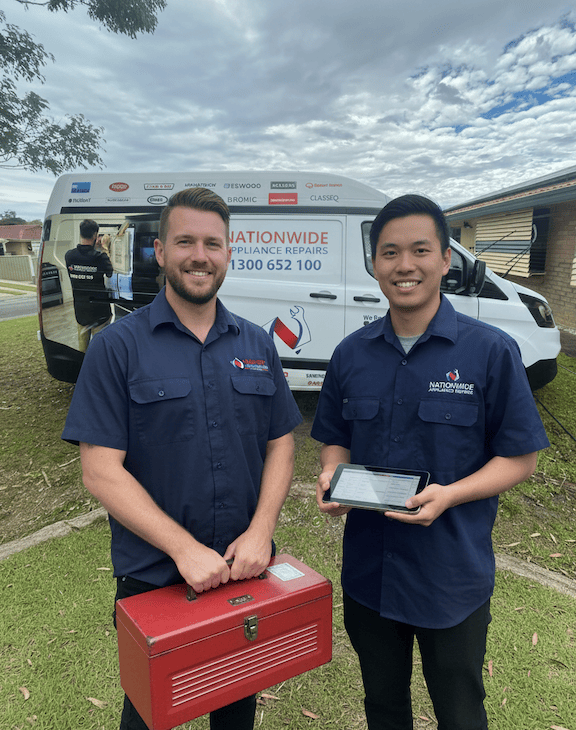
- 12-Month Parts Warranty
- Affordable Rates
- Same Day Repair*
- 3-Month Labour Warranty
- Expert Technicians
- 5 Star Record
TESTIMONIALS
WHAT OUR CUSTOMER SAYS
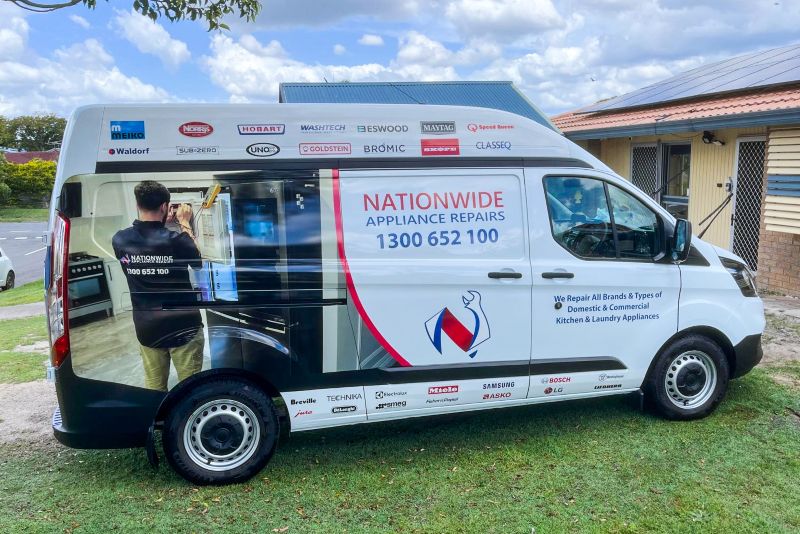
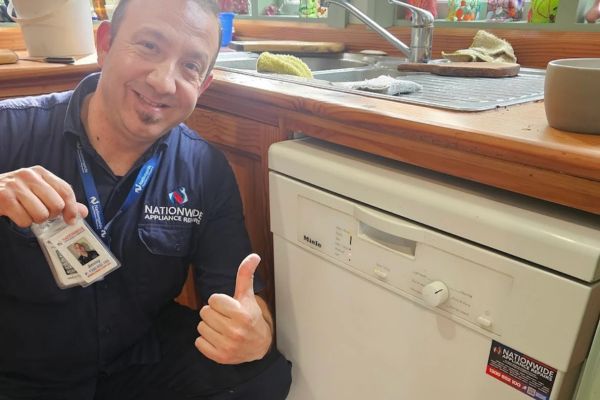
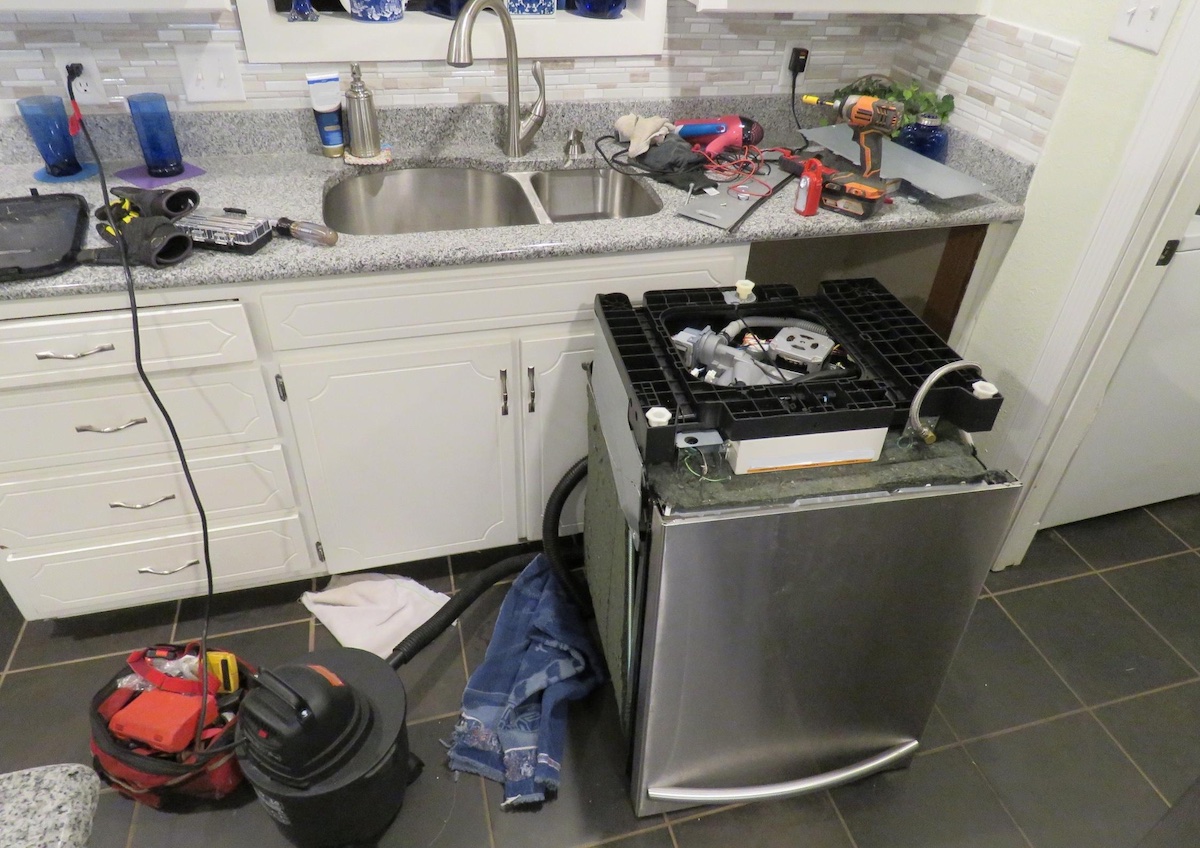
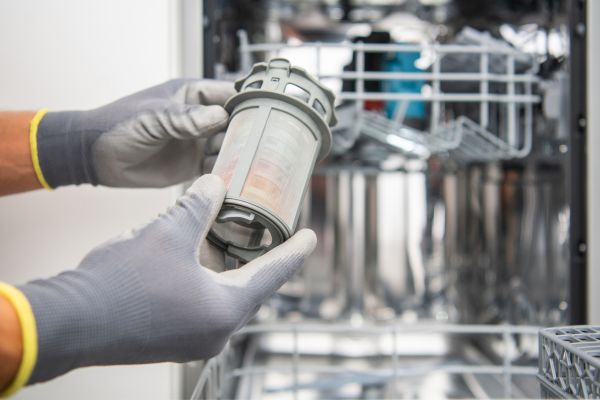
Experienced and Trusted Onsite Dishwasher Maintenance Professionals
At Quality Appliance Repairs in Melbourne, our highly trained technicians bring years of hands-on experience to every job, servicing all major appliance brands across domestic and commercial settings in Melbourne suburbs, including Frankston and Camberwell.
We provide mobile onsite repairs for dishwashers and other kitchen and laundry appliances, while small appliances such as coffee machines, vacuums, and mixers are serviced at our dedicated workshop.
Common Dishwasher brands we repair:
- Fisher & Paykel Appliance Repair
- Miele Appliance Repair
- Bosch Appliance Repair
- Asko Appliance Repair
- Samsung Appliance Repair
Call us today to book a repair with a technician who gets it sorted the right way.
(03) 9034 6162Common Dishwasher Issues We Fix
Dishwasher Not Turning On
Dishwashers may fail to start due to electrical faults, a faulty door latch, or control board issues.
Quick checks include:
- Ensure the dishwasher is plugged in and the outlet works.
- Reset the circuit breaker if tripped.
- Confirm the door latch is secure.
- Look for error codes or unresponsive displays; try a soft reset.
- A blown thermal fuse may need professional replacement.
If problems persist, call a qualified dishwasher repair technician in Melbourne.
Dishwasher Not Draining Properly
In Melbourne, dishwashers in areas like Brunswick and Frankston often fail to drain due to blocked filters, faulty pumps, or drainage hose issues.
Troubleshooting steps:
- Clean the drain filter – Remove food debris and grease buildup.
- Inspect the drain hose – Check for kinks, clogs, or blockages.
- Clear the air gap – Remove debris if your dishwasher has one.
- Check garbage disposal connection – Ensure the knockout plug is removed and the disposal isn’t clogged.
- Examine the drain pump – Look for obstructions or signs of malfunction.
- Run a diagnostic cycle – Some models can self-check for pump or sensor issues.
If unresolved, a qualified technician can assess the motor, sensors, or control board.
Dishes Coming Out Dirty After A Full Cycle
Dirty dishes are often caused by blocked spray arms, clogged filters, or faulty detergent dispensers.
Quick fixes:
- Clean spray arms and filters regularly.
- Load dishes properly to allow water flow.
- Use the right detergent and rinse aid.
- Check water temperature is at least 120°F (49°C).
- Call a technician if the water inlet, pump, or dispenser is faulty.
For step-by-step guidance, see our blog: “How To Remove A Dishwasher: A Complete Guide.”
Dishwasher Producing Unpleasant Odours
Unpleasant smells in a dishwasher often come from food debris, grease, soap scum, or standing water trapped in filters, spray arms, seals, or drain lines. Clogged filters or spray arms reduce water flow, while grease buildup and moisture encourage bacteria and mould growth.
To prevent odours: clean the filter regularly, wipe down seals and interior surfaces, rinse spray arms, run a cleaning cycle with vinegar or dishwasher cleaner, and leave the door slightly open after use.
If odours continue, a blocked drain, pump issue, or other fault may require inspection by a professional technician in Melbourne.
Detergent Not Releasing During the Wash Cycle
If your dishwasher isn’t dispensing detergent properly, it can leave dishes dirty or spotted. This issue is often caused by a faulty detergent dispenser, buildup of residue, or a broken latch mechanism.
To fix it, check for debris around the dispenser and ensure the door closes firmly. In some cases, the spring or release mechanism may be worn or broken and require replacement.
Frequently Asked Questions
How much does a dishwasher repair cost in Melbourne?
We offer transparent dishwasher repair in Melbourne, with pricing starting from $198.00 including GST for the service call and diagnosis. For a comprehensive breakdown of what’s included, please view our detailed pricing section.
Do you offer same-day dishwasher repairs?
Yes, we provide same-day service for dishwasher repairs across Melbourne, subject to availability.
How can I book a dishwasher repair?
What areas in Melbourne do you service?
We provide dishwasher repair services across various Melbourne suburbs, including Frankston, Camberwell, Werribee, Altona, Tullamarine, and St. Albans.
Do you service commercial dishwashers?
Yes, we service both domestic and commercial dishwashers across Melbourne.
Quality Appliance Repairs Melbourne
Service Area: South Melbourne, Victoria, Australia
Phone: (03) 9034 6162
Hours: Mon – Fri 8:30 am – 7:00 pm, Sat 8:30 am – 4:00 pm
Location Page: Appliance Repair Melbourne
Reviews: https://qualityappliancerepair.com.au/reviews/





